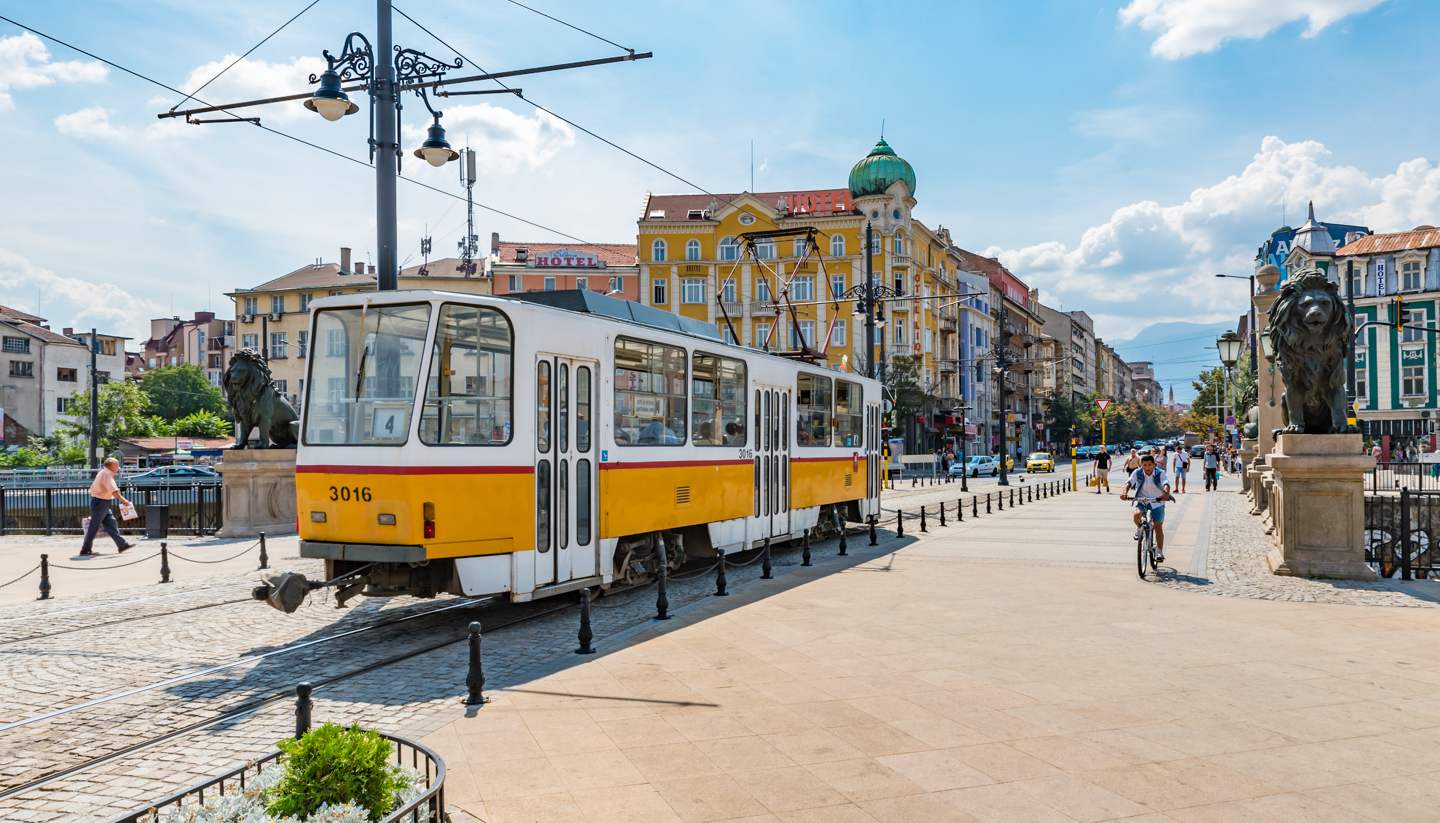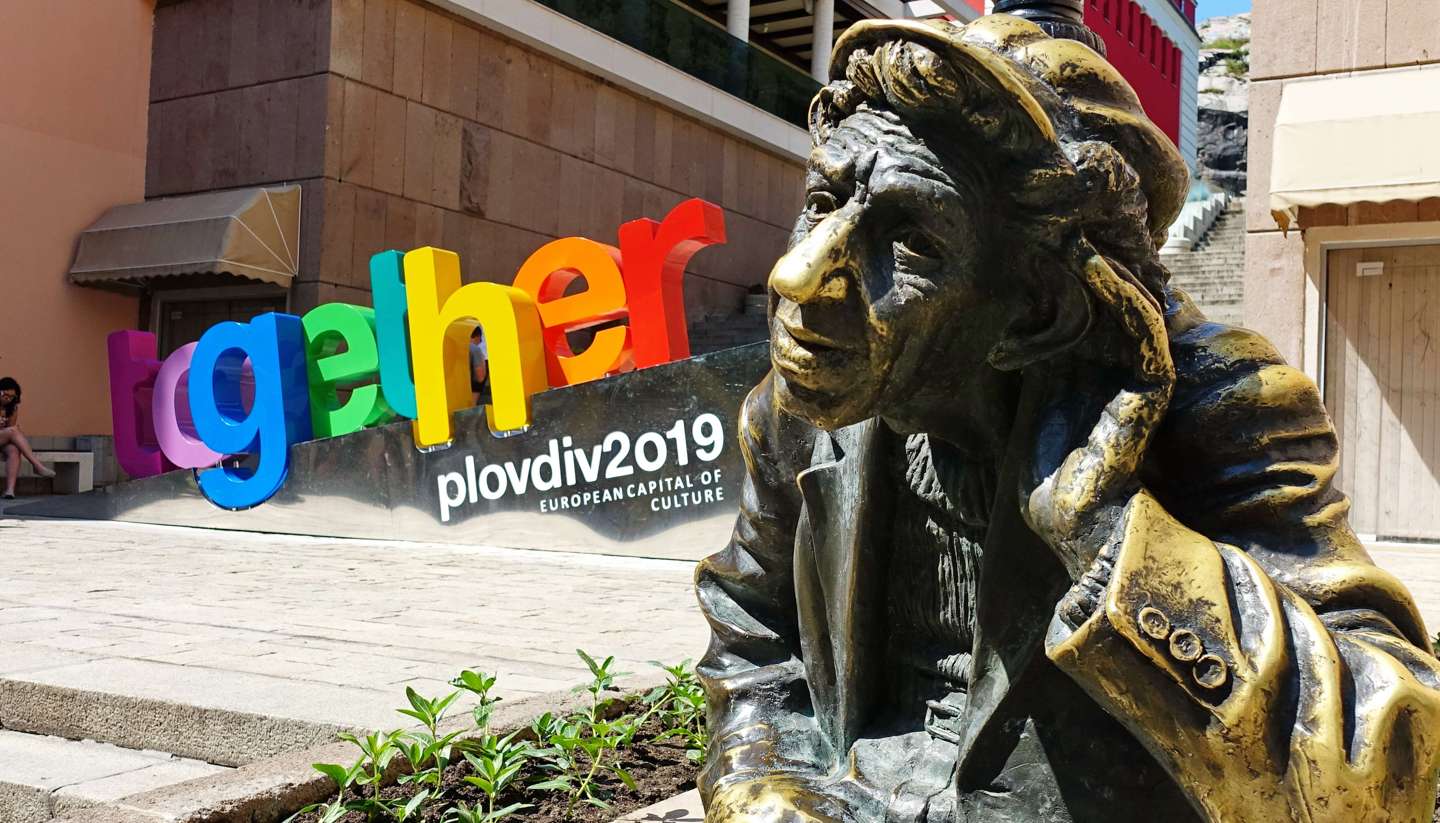Bulgaria History, Language and Culture
History of Bulgaria
Bulgaria is the oldest surviving country in Europe to have kept its original name since 681, the First Bulgarian Empire. Between the 7th and 11th century, the country’s history was marked by many conflicts, but it also allowed Bulgaria to become a powerful empire after several victories.
After a brief period which saw Bulgaria becoming part of the Byzantine Empire, the Second Bulgarian Empire occurred in 1185, following the uprising led by Asen and Peter of the Asen Dynasty. For the next 185 years, Bulgaria went through several major political crises and in 1371, Bulgaria was under the control of the Ottoman Empire and became a Turkish territory for the next 500 years.
After WWII, Bulgaria became a Communist state. Bulgaria’s dominant political figure was Todor Zhivkov, under whose leadership Bulgaria became the staunchest of Moscow’s allies. In 1989, Zhivkov resigned and a multi-party election was held in June 1990 with the ruling Communists restyling themselves the Bulgarian Socialist Party (BSP) and winning an absolute majority.
Throughout the first half of the 1990s, Bulgaria was wracked by instability and plunged into economic crisis as internal conflicts deepened, leading many professionals to emigrate.
Bulgaria became a NATO member in 2004, and joined the EU in 2007. In recent years, Bulgarian politics have stabilised and the country attracted almost 8 million tourists a year in 2018.
In 1989, Zhivkov resigned and the first multi-party elections for 44 years were held in June 1990 with the ruling Communists restyling themselves the Bulgarian Socialist Party (BSP) and winning an absolute majority.
Did you know?
• Swiss-born gymnast Charles Champaud competed for Bulgaria in the first modern Olympics in Athens in 1896, the year after he brought football to the capital Sofia.
• To welcome spring each year martenitsa, small red and white dolls made of yarn, are traditionally worn from 1 March until the wearer first sees a stork, swallow or blossoming tree.
• Estimated to be over 1670 years old, the Granit Oak – a common oak tree named after the village in which it is found – may be the oldest living oak tree in the world.
Bulgaria Culture
Religion in Bulgaria
The majority of the population are Christian, the main denomination being Bulgarian Orthodox Church with a membership of 59.4% of the population. Eastern Orthodox Christianity is considered to be the traditional religion in Bulgaria. There is also a significant Muslim minority (7.8%) and a small Jewish community.
Social Conventions in Bulgaria
Normal courtesies should be observed and handshaking is the normal form of greeting. Dress should be conservative but casual. If invited to a home, a small souvenir from one's homeland is an acceptable gift, and something for their children is always welcome. Remember that a nod of the head means 'No' and a shake means 'Yes'.
Language in Bulgaria
Bulgarian is the official language and the Cyrillic alphabet is used - Bulgaria is the only EU nation to use it. English, German, French and Russian are spoken in major tourist resorts and hotels.



